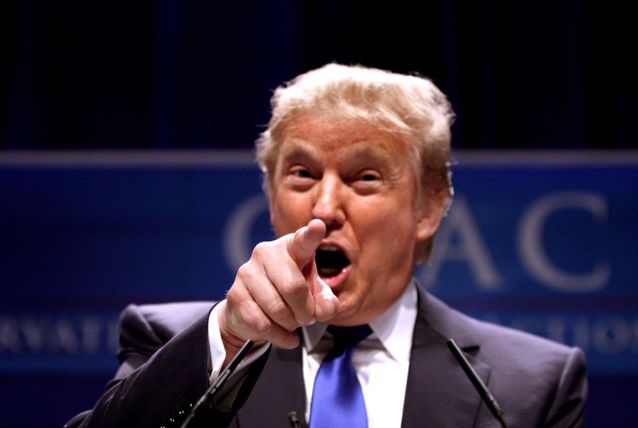Donald Trump seen form different Arab angles
Novembre 20, 2016

Amer Al Sabaileh
Director of Security Languages - Senior political and security analyst
The election of Donald Trump as President of the United States represents the start of a new phase following eight years of the Obama administration. While Trump’s win has surprised many people, Donald Trump the candidate will be very different to Donald Trump the President. His victory speech was the first indication of this change, and there is more to come.
Prior to his candidacy, Trump was hardly known by the Muslim and Arab world. However, some of his comments during the campaign have lead to his portrayal as an enemy, with suggestions that his first priority as President will be to attack Arabs and Muslims. This perception will be difficult to change, as it was one of the key arguments used against him by his opponent and those in the media who do not support him.
Trump’s management of the issue is not as simple as the media has portrayed, and it has massive political implications for Arab societies. A clear pillar of Trump’s foreign policy is to take the fight to the terrorists, specifically targeting ISIS. For many Arab leaders, especially the American-bloc leaders, a strong clear strategy to fight ISIS would be welcomed as it represents the re-building of relations with US through this anti-terror strategy. Many US allies in the region have struggled to openly support Obama’s strategy and rhetoric and have tried to deal with America under the same assumptions from the early stages of the War on Terror under George W. Bush. A US return to those strategies will be a relief to many regimes in the region.
A Hillary Clinton White House would likely have meant a new set of challenges for many Arab and Muslim countries. According to the Obama doctrine published in the Atlantic, the Arab world’s problems are internal. Their strategy was based on placing blame on the American-bloc countries in the region, especially the Gulf monarchies, particularly Saudi Arabia.
This is despite those monarchies are facing the threat of new and diverse Islamic movements under the Muslim Brotherhood banner, in Egypt and across the Gulf that could lead to a new wave of Arab Spring uprisings targeting the monarchies and sheikhdoms. The arrival of Trump will make a rising up of these groups far more difficult but another Democrat in the White House, according to many observers, would have created a series of challenges based on the strategy of promoting democracy and human rights at all costs.
It is interesting to compare Trump’s stated position on the Gulf countries with the position that Congress has taken in overruling Obama’s veto of JASTA. Clearly they are on the same page. The next challenge for Trump will be in relations with countries that support the Muslim Brotherhood.
While Trump may be viewed negatively by the Muslim and Arab public because of some of his comments, his relationship with their leaders is likely to be good as politically, their positions are aligned. Trump is likely to build relations based on cooperation in fighting terrorism and any steps towards weakening the Muslim Brotherhood because of the connections with terrorist then the region will return to the old paradigms which will rebuild US-Arab relations
A Trump White House could also lead to a rapprochement with Russia, which will have a huge impact on US foreign policy and specifically on NATO as that alliance is built entirely on Russia as an enemy. It may lead to a new wave of political extremism and a growth in extreme right wing groups in Europe. It will also mean concrete changes on the ground in Syria ending the confusion and need to work with groups that are also terrorists.
Dr. Amer Al Sabaileh
amersabaileh@yahoo.com
What's Your Reaction?
Excited
0
Happy
0
In Love
0
Not Sure
0
Silly
0
Amer Al Sabaileh
Director of Security Languages - Senior political and security analyst
